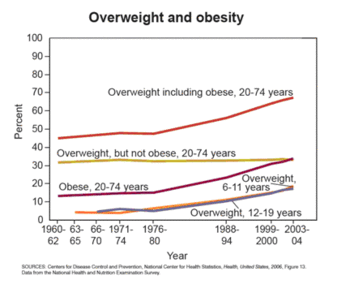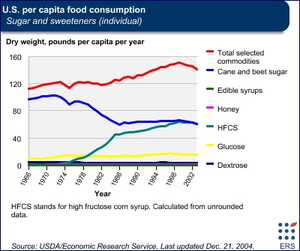"Adventure, excitement -- a Jedi craves not these things."
Sunday night, after Zelda's. Nice summer night, didn't feel like heading home quite yet; sitting in Slainte, a little up the street from the Grind, for a beer. Pre-season football on the big screen over the bar...don't give a damn about it, but still can't help but look at it, ancient survival reflex to check out movement, I suppose -- something moving! Is it trying to eat me? Better look over and check!
Anyway. Trying to relax, past few days, after wrapping up the second draft of Why Buddha Touched the Earth. Feel pretty good about it -- it's ready to send out to potential publishers. It'll need a pass by a professional editor, for sure, and a publisher might want some re-working. But with the re-arranging of some chapters from the first draft, plus a few new opening paragraphs and a new chapter at the end to tie it all together (and big thanks to Dave Landis for that suggestion), and a little more detail in some critical sections, I feel that it's pretty solid.
(Wow. I don't have a big screen HDTV at home. I didn't know how much detail they show of people's skin texture. Makes people look pretty unattractive in close-up when every pore is at 4x magnification.)
Starting to feel that "oh, where did the summer go?!" thing. Well, I know where the month since Starwood went, it went to working on this book! You'd think that would be a good answer, but still there is that in my mind that wants there to have been new adventures and romances as well as a dozen things done at home.
Never mind that if I sat down and related my life since the start of May to an neutral observer, they'd probably find it full of adventure -- "you went to three Pagan festivals, presented lectures and workshops on a bunch of interesting topics, climbed a crazy PVC dome, taught people to smash boards with their hands, went running in the nude, danced in the street at the Sowebo festival, burned a sculpture, helped a local band put together a visionary arts gathering, worked on a book addressing one of the deepest questions of the human experience...and you feel like there were no adventures?!"
Which illustrates the old problem: you can never get enough of that which wasn't the thing you really wanted in the first place.
"Adventure, excitement -- a Jedi craves not these things," said Master Yoda. I suppose if I were a Sage I'd be living quietly up in the mountains somewhere...but of course, wanting to be a Sage is its own form of craving after that which is not the here-and-now. So I ought to shut up, sit here and pay attention to drinking my beer and being here in this bar.



